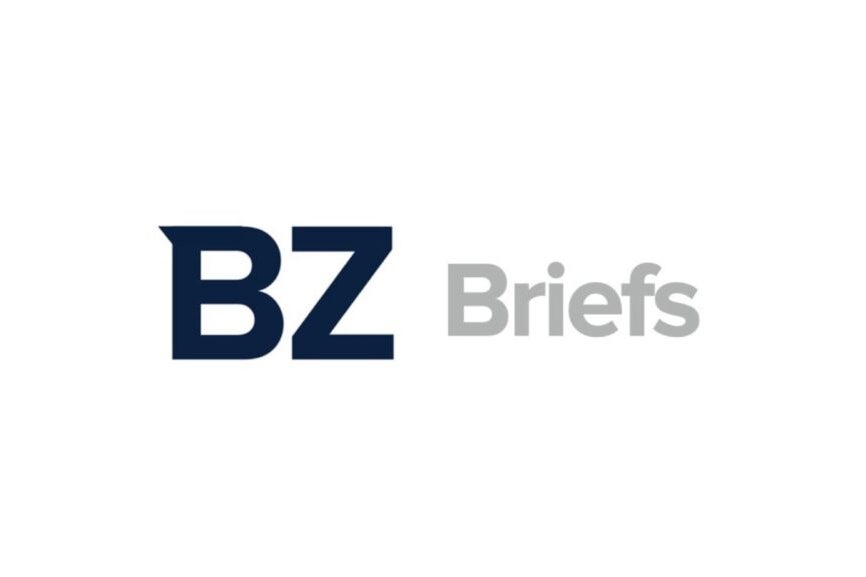Size of the text
Brian West is a writer from the United States.
Courtesy of Boeing / Matt Greenslade / www.photo-nyc.com
Boeing
On Wednesday, the company picked Brian West, a former colleague of its new CEO, to succeed retiring CFO Greg Smith. How he approaches issues such as funding
Boeing
The stock’s performance in the coming months will be determined by the company’s next new plane and the company’s balance sheet. West, who previously worked with incoming CEO Dave Calhoun at
General Electric is a company that produces electricity.
(GE) (ticker: GE) (ticker: GE) (ticker: GE
Nielsen
(NLSN), which will begin in late August, will succeed Smith, who is set to retire in July. Dave Dohnalek, the treasurer, will act as interim CFO.
“Brian is the appropriate CEO to serve as Boeing’s next CFO because of his substantial financial management and long-term strategic planning experience in complex multinational organizations across the aerospace, manufacturing, and services industries,” said Calhoun in a statement released by the firm. West is entering a difficult period. Boeing’s net debt, or total debt less cash on the balance sheet, has climbed to about $42 billion as of March 31 from around $11 billion in early 2019, just before the 737 MAX jet was grounded for nearly two years due to safety concerns. Profits are falling, hence the debt is exploding. Boeing’s earnings before interest, taxes, depreciation, and amortization are estimated to be around $5 billion in 2021, putting the company’s net debt at 8.1 times Ebitda. The largest industrial conglomerates in the United States have a ratio of less than 2:1.
Airbus
In comparison, (AIR. France) has extremely small total debt in relation to its size. Debt must be paid off over time. The fact that Boeing may need to design a whole new plane, either to replace the 757 or to compete with the 787, adds to the difficulty.
Airbus
Airlines can operate the A220 at a lower cost than the smaller versions of the 737 jet. The cost of developing a new plane can range from $10 billion to $15 billion, with the money spread out over several years. The combination of heavy debt and the requirement for funds for new planes may necessitate the sale of further equity. Calhoun and the board of directors would have to decide, but West, as finance chief, would have to weigh in. Raising equity may not be as surprising to the market as some may believe. Investors in Boeing are aware of the company’s financial difficulties, so a stock sale could assuage fears. A 10% equity sale would raise nearly $14 billion, enough to cover the cost of one new plane. The appointment is being taken seriously by the Street. In a Thursday research report, Seaport analyst Richard Safran called it a “sensible hire.” In addition to coping with balance-sheet issues, Safran views West as assisting in regaining market share lost to Airbus in the single-aisle jet industry. “We believe that one of Brian West’s key tasks as CFO will be developing a business case for [a new] airplane and reclaiming lost market share,” Safran said. Boeing stock is rated Buy by Safran, with a price objective of $298. In early Thursday trading, Boeing’s stock was up 0.6 percent to $241.07. The
S&P 500 Index
and
The Dow Jones Industrial Average (DJIA) is a stock market index
Comparatively, they were up 0.3 percent and 0.2 percent, respectively. Boeing’s stock has gained nearly 12% this year. Al Root can be reached at allen.root@dowjones.com./n
Read More




